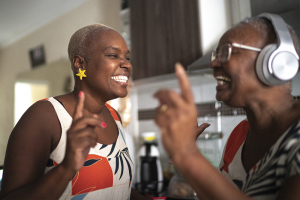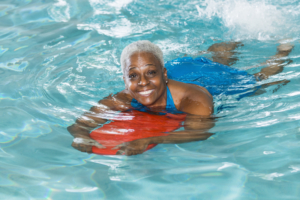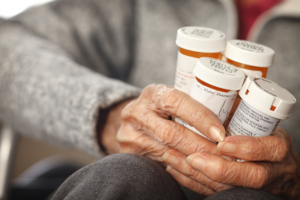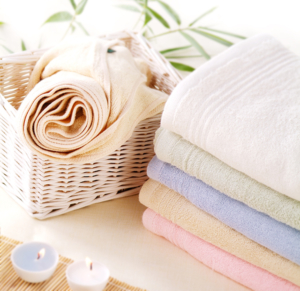Low Vision and Dementia Caregiver Tips: 6 Engaging Activity Ideas

These low vision and dementia caregiver tips help make each day more enjoyable.
Finding activities that are fun and engaging for a loved one with dementia can be a challenge. Add in vision impairment, and it may seem overwhelming. Yet it’s vitally important to ensure each day holds opportunities for joy, purpose, and meaning – reducing the level of frustration, agitation, and other difficult emotions and behaviors in dementia. Never fear; we have the low vision and dementia caregiver tips you need!
The first step is to think through the senior’s current and past interests, hobbies, and lifestyle. Then brainstorm ways to tap into those preferences. We’ve compiled a few ideas to help you get started:
- Put together a playlist of the senior’s favorite songs or genre of music, and then dance, sing along, keep the beat with a tambourine or simply a sealed container of dried beans. Reminisce about memories the music invokes.
- Read aloud, choosing stories or articles that are easy to follow and on topics that are of interest to the senior. For instance, a sports fan may enjoy hearing an update on his or her favorite teams and players, and then talking about highlights from the past as well.
- Get up and moving for improved circulation and muscle tone, as well as to help encourage daytime wakefulness and better nighttime sleeping. If weather permits, exercising outdoors is a wonderful way to add in fresh air and vitamin D. Try walks in nature, pointing out the particular birds, flowers, trees, etc. that you pass along the way.
- Experiment with a variety of tactile art mediums that can be manipulated without the use of vision, such as clay or sculpting sand. Or try creating a 3-D work of art by gluing buttons, shells, dried pasta, etc. into a pattern or shape.
- Include the senior in ability-appropriate tasks around the home. Food preparation offers a variety of options, such as washing and tearing lettuce for a salad, peeling and breaking apart bananas or oranges, and mixing ingredients for a cake. Or ask the senior to help with folding laundry or sorting nuts and bolts in a toolbox.
- Give pet therapy a try. Specially trained pet therapists can provide a safe, trusted cat or dog for the senior to pet or hold. While this may seem simplistic, the joy and relaxing effects of spending time with an animal can be significant.
At Responsive Home Care, the leading provider of home care assistance in Plantation, FL and nearby areas, our care specialists are skilled in creative ideas to engage seniors of any ability level to help make daily life more enjoyable. Contact us at 954-486-6440 for a trusted care partner today!




